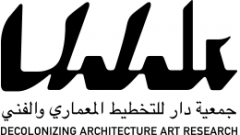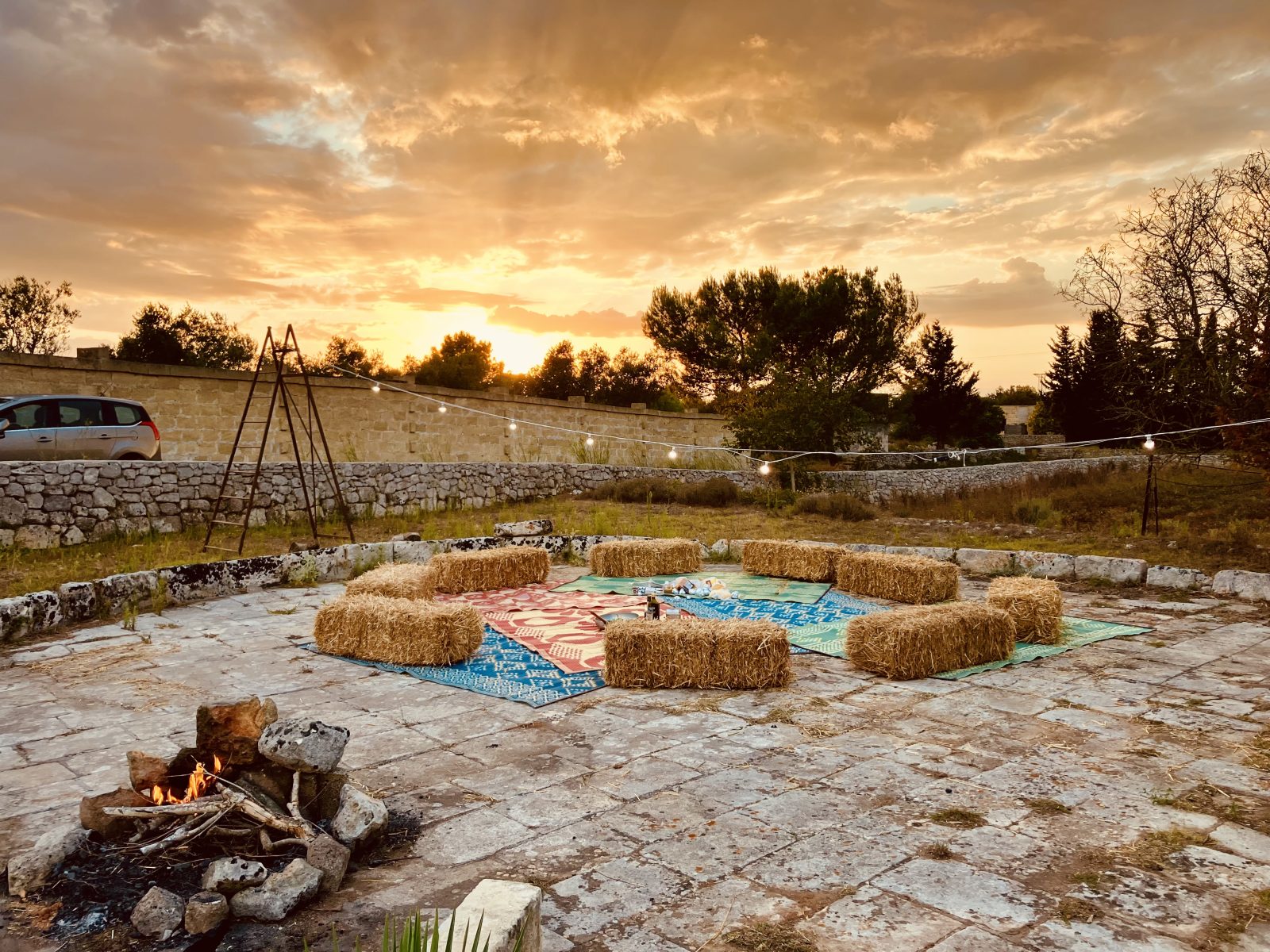In recent years, DAAR has embarked on a series of experiments concerning commoning within the private sphere. The concept of commoning should not be viewed as a static intermediary between the private and public realms; rather, it is an active and evolving process. Commoning, as a verb, embodies a collective practice driven by the agency and creativity of individuals, arising from both public and private spheres.
In Western political thought, a clear division exists between the historically male-dominated public sphere and the traditionally female-associated private sphere, often relegated to domestic unpaid labor. Drawing inspiration from feminist practices of commoning within the household and the Arabic notion of Al Masha—historically denoting undivided common land among farmers—we have initiated experiments in commoning as a form of collective habitation and sharing rooted in the intimate and emotional landscape of the home.
DAAR, Beit Sahour, Palestine (2010-)
Since DAAR establishment in 2008, which means “home” in Arabic and stands for “Decolonizing Architecture Art and Residency” in English, we transformed our family home into a space of collective cohabitation for resident artists, architects, and activists interested in exploring the intersection of architecture and politics. Situated in Beit Sahour, Palestine, our home, DAAR, has become the focal point of an extended community providing emotional and intellectual support to navigate life under Israel’s colonization, occupation, and apartheid.
Campo Para-Diso, Diso, Italy (2021-)
In 2021, with a group of artists, curators, designers, and researchers interested in exploring collective forms of inhabitation and agroforestry, we bought 4 hectares of agricultural land in Diso, Puglia. The land is cultivated in collaboration with Casa delle Agriculture, an organization composed of farmers, artists, and activists aiming to revive abandoned lands; repopulate the countryside; generate solidarity-based economies; and build a new cultural and social model of living together.
DAAR, Jericho, Palestine (2024-)
Located just across the Hisham Palace archeological park, part of the Umayyad desert castles built along the Jordan Valley, DAAR rural property is a 4 dunam (4000 sqm) farm. Palm trees bearing dates are boarding the land that is being cultivated by a farmer who lives nearby. DAAR intends to create a gathering space for local and international architects, designers, artists, and other creative practitioners to experiment with decolonial practices, commoning and sustainable land use practices.
Summer House, Stavsnäs, Sweden (2024-26)
For several decades, summer houses in Sweden have served as retreats for summer holidays, providing a break from urban life and an opportunity to reconnect with nature. Originally, these structures were often very simple wooden cabins lacking amenities such as running water and sewers. However, over time, many have been renovated and transformed into comfortable suburban homes, with some even becoming year-round residences. Today, they may evoke an image of the “authentic Sweden,” offering a chance to spend time in a secluded location.
However, access to summer houses is not for everyone, particularly for Swedes with migrant backgrounds. In June 2024, DAAR will embark on a two-year experiment with forms of commoning at a summer house located in Stavsnäs, just one hour from Stockholm.
Ground, Stockholm, Sweden (2021-)
Ground is a space that we co-own with a dear friend. In an environment with a few non-institutional initiatives, Ground offers a space for spontaneous gatherings and a form of hybrid cohabitation, in between a studio and a residency, a guest house and a cultural center. This form of hybrid co-habitation that combines residency and work was relatively common in Sweden in the past. Reintroduced in residential construction Hammarby Sjöstad, they are referred to as ‘Bokal’.

